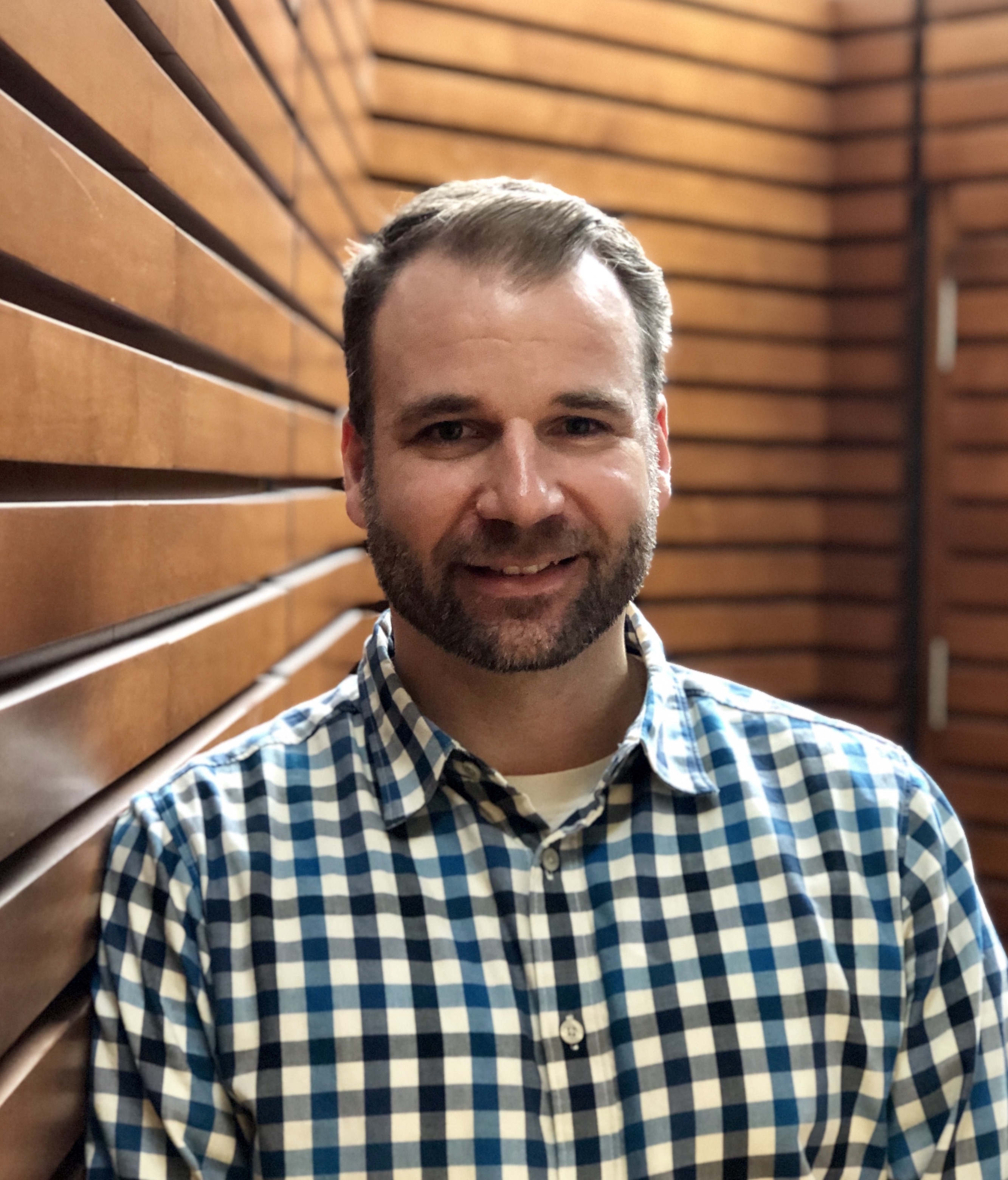Igor Lehnherr
I obtained my BSc from the University of Victoria and went on to complete a PhD at the University of Alberta, combining my interests in environmental science and northern regions which stemmed from growing up in the Yukon. I then held a W. Garfield Weston Postdoctoral Fellowship in Northern Research at the University of Waterloo. In my current position in the Department of Geography, Geomatics and Environment at the University of Toronto Mississauga, I teach courses in the fields of environmental change, environmental contaminants, biogeochemistry and sustainability.
My research combines ecosystem-scale field studies, controlled experiments and emerging analytical techniques to understand how environmental stressors, such as contaminants and climate change, impact arctic, boreal and alpine ecosystems. Examples of current research projects include: i) impacts of climate change on mercury cycling, methylmercury production and bioaccumulation in Arctic ecosystems; ii) reconstructing long-term trends in atmospheric mercury using tree-rings, sediment cores and ice cores; iii) transport, fate and bioaccumulation of organic contaminants (e.g., perfluoroalkyl substances) in northern landscapes and foodwebs; iv) carbon cycling and ecosystem metabolism in seasonally ice-covered lakes; and v) climate change impacts on lake and watershed biogeochemistry in northern regions. I am always looking for students to join our research team, and I welcome motivated students interested in physical geography, biogeochemistry and environmental science. Interested students are encouraged to please email me (igor.lehnherr@utoronto.ca) for the most up to date information on potential opportunities at the undergraduate, MSc, PhD and post-doctoral levels. Please include with your inquiry a copy of your CV and latest transcripts.
Publications
Lehnherr, I., St. Louis, V. L., Sharp, M., Gardner, A. S., Smol, J. P., Schiff, S. L., Muir, D. C. G., Mortimer, C. A., Michelutti, N., Tarnocai, C., St. Pierre, K. A., Emmerton, C. A., Wiklund, J. A., Köck, G., Lamoureux, S. F., Talbot, C. H. 2018. The world's largest High Arctic lake responds rapidly to climate change. Nature Communications, 9: 1290 (IF: 12.121, 5-Year IF: 13.610). (#24 on the Top 50 most read Nature Communications Earth and Planetary Sciences articles published in 2018) https://www.nature.com/articles/s41467-018-03685-z
*Varty, S. E. M., Lehnherr, I., St. Pierre, K. A., Kirk, J. L., *Wisniewski, V. E. 2021. Methylmercury transport and fate shows strong seasonal and spatial variability along a high Arctic freshwater hydrologic continuum. Environmental Science & Technology, Environmental Science & Technology, 55: 331-340. (IF: 7.864, 5-Year IF: 8.543).
**Ghotra, A., Lehnherr, I., Porter T. J., Pisaric, M. F. J. 2020. Tree-Ring Inferred Atmospheric mercury concentrations in the Mackenzie Delta (NWT, Canada) peaked in the 1970s but are increasing once more. ACS Earth and Space Chemistry, 4: 457-466
MacInnis, J. J., Lehnherr, I., Muir, D. C. G., Quinlan, C. R., De Silva, A. O. 2019. Characterization of perfluoroalkyl substances in sediment cores from Canadian High and Low Arctic lakes. Science of the Total Environment, 666: 414-422 (IF: 6.551, 5-Year IF: 6.419).
St. Pierre, K. A., St. Louis, V. L., Schiff, S. L., Lehnherr, I., Dainard, P. G., Gardner, A. S., Aukes, P. J. K., Sharp, M. J. 2019. Proglacial freshwaters are significant and previously unrecognized sinks of atmospheric CO2. Proceedings of the National Academy of Sciences, 116: 17690-17695 (IF: 9.412, 5-Year IF: 10.620).
(* indicates graduate student or post-doctoral fellow, ** indicates undergraduate students under my supervision)
People Type:
Research Area:
Environmental contaminants, mercury pollution in air/water/soil/biota (methylation processes, bioaccumulation, temporal trends), climate change impacts on aquatic ecosystems, biogeochemical cycling of carbon and nutrients, Arctic, Boreal and alpine ecosystems.



